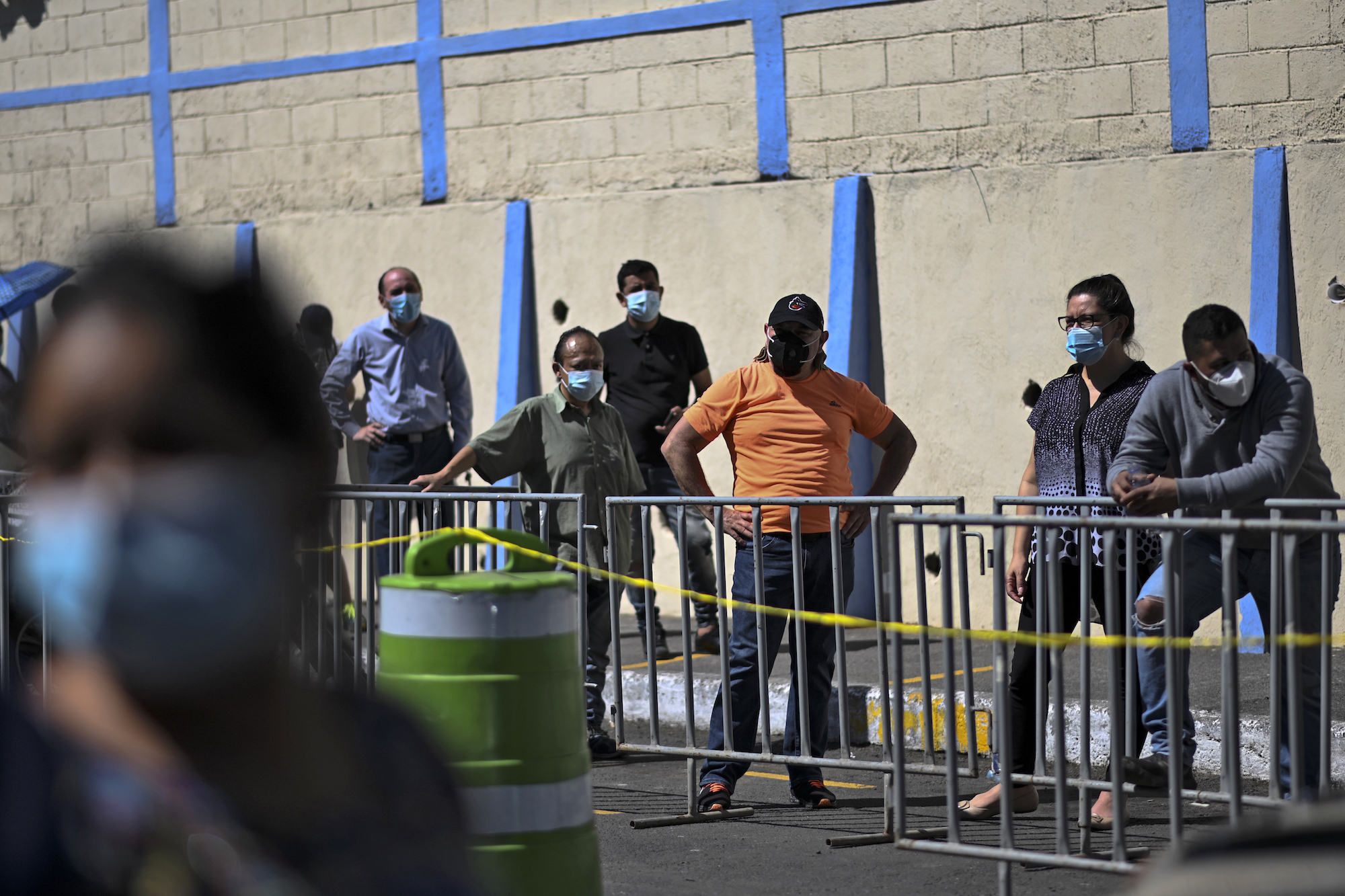
How Operation Smile shifted services to fight COVID-19 and other natural disasters in Central America
The international nonprofit has leveraged its resources to bring facemasks, ventilators and more to communities across the region.
Since 1982, Operation Smile has been on the forefront of education and treatment for cleft lip and cleft palate around the world.
However, amid the COVID-19 pandemic, the medical organization found itself without many cleft surgeries to perform and bearing witness to gaping holes elsewhere within the healthcare systems it supported around the world.
Indiana Siu, regional director for Operation Smile in Central America, said that amid the “hard stop” to its services, plugging those holes became the organization’s top priority in her region and beyond.
“It did represent an opportunity to help bridge any support that we can give to frontline workers, to hospitals, to ministries of health,” she said.
The work started back in March of 2020, said Siu, when Operation Smile’s foundations across the world began to reassess what was needed to battle COVID-19.
Manufacturing PPE was the first hurdle, but the organization has since shifted to providing ventilators, respirators, and other oxygen support wherever they are needed.
“What is essential right now? What can we help?” said Siu. “If we’re not doing surgeries in that present time because we’re trying to deal with COVID, how can we help our communities get out of that situation faster?”
Organizations in Operation Smile’s network across the world also held drives and fundraisers for whatever their communities needed.
In addition to the previously-mentioned medical equipment, these drives also provided people with food and hygiene kits, along with other basic necessities to survive varying lengths of shutdown.
The kits also expanded in Central America when Hurricanes Eta and Iota both hit the region between Oct. 31 and Nov. 18, 2020.
In seeing the kits get distributed amid COVID, many governments and their health ministries went to Operation Smile and asked them to do the same for those displaced by the hurricanes.
“We have some places that are flooded, how can you help us?” Siu remembered as the theme of many of the conversations between the organization and different government aid agencies.
In Nicaragua, she said Operation Smile has distributed over 1,000 food and hygiene kits to people affected by the hurricanes and pandemic.
“They saw us as collaborators and partners,” said Siu.
She also sees that partnership and trust only growing in the future.
RELATED CONTENT
However, it hasn’t all been seamless. In the process of shifting to help with COVID-19, there were a number of cleft patients left without operations for an extended period of time.
She said that when the pandemic hit, the wait list to get one was over 10,000. Environment. The challenge for Operation Smile was how to continue some form of treatment in the meantime.
“We know there’s COVID, but patients with cleft still have pressing needs of they can’t feed well, they can’t learn well, and that’s where we come in,” said Siu.
Like the rest of the world, Operation Smile went virtual with its practices.
Siu called the process “bumpy” at times, especially for patients in rural areas without Internet access, but also “eye-opening” for their perseverance.
“I think that humanity is so resilient with any challenges that come with it,” she said.
With that in mind, Siu highlighted a virtual speech therapy course that served over 8,000 patients as one of the bright spots.
She went on to say that the virtual approach is one that is likely here to stay from Operation Smile’s perspective as it allows them to reach patients beyond the metropolitan centers where the organization normally operates in person.
As for COVID-19, the virus is still very much a reality in Latin America as countries make efforts to acquire and administer more vaccines. However, for Siu COVID-19 is added to a list of viruses that always seasonally affect Latin America, whether it be malaria or dengue amid the upcoming rainy season.
In the end, it’s about adaptability and evolution.
“I see us evolving, seeing challenges as they come, and just trying to evolve to keep on supporting our communities, our ministries of health, our hospitals,” said Siu.




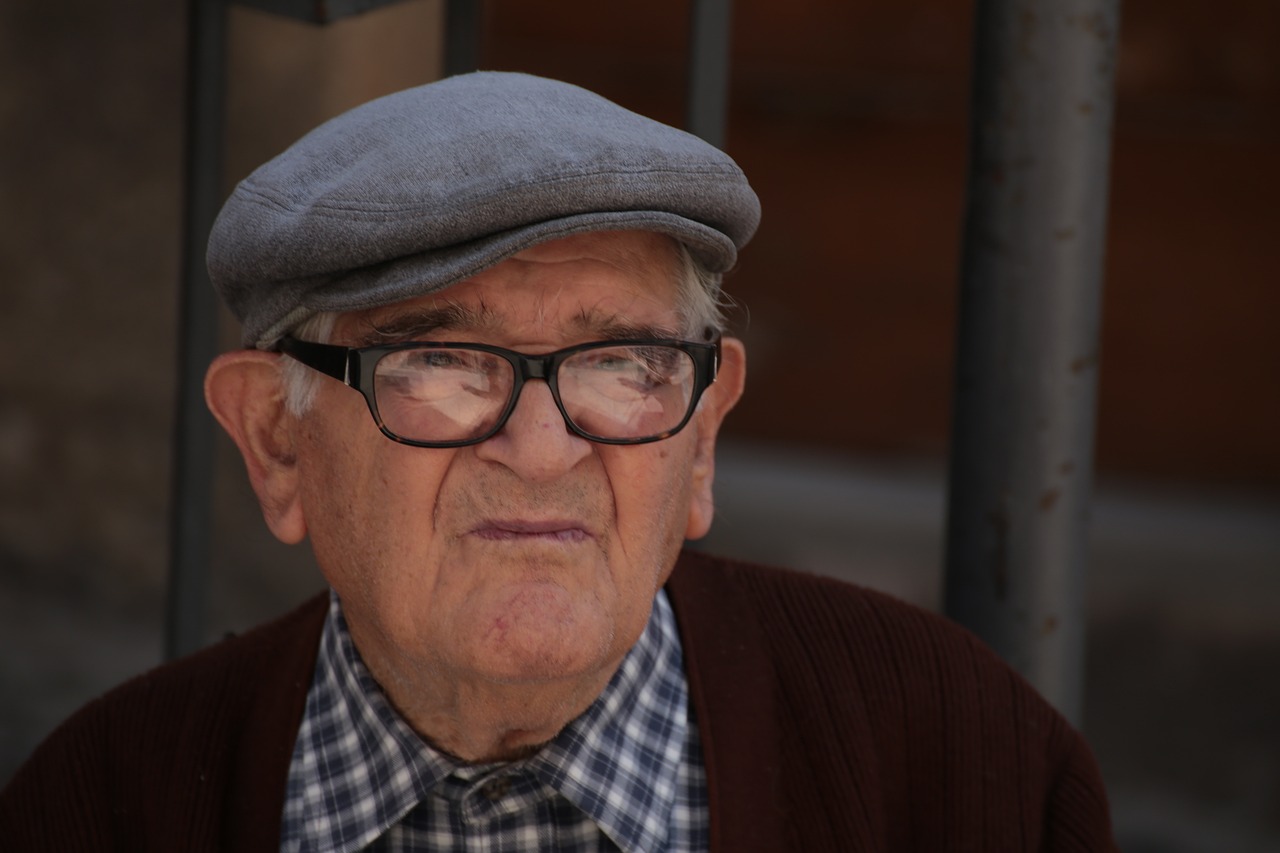
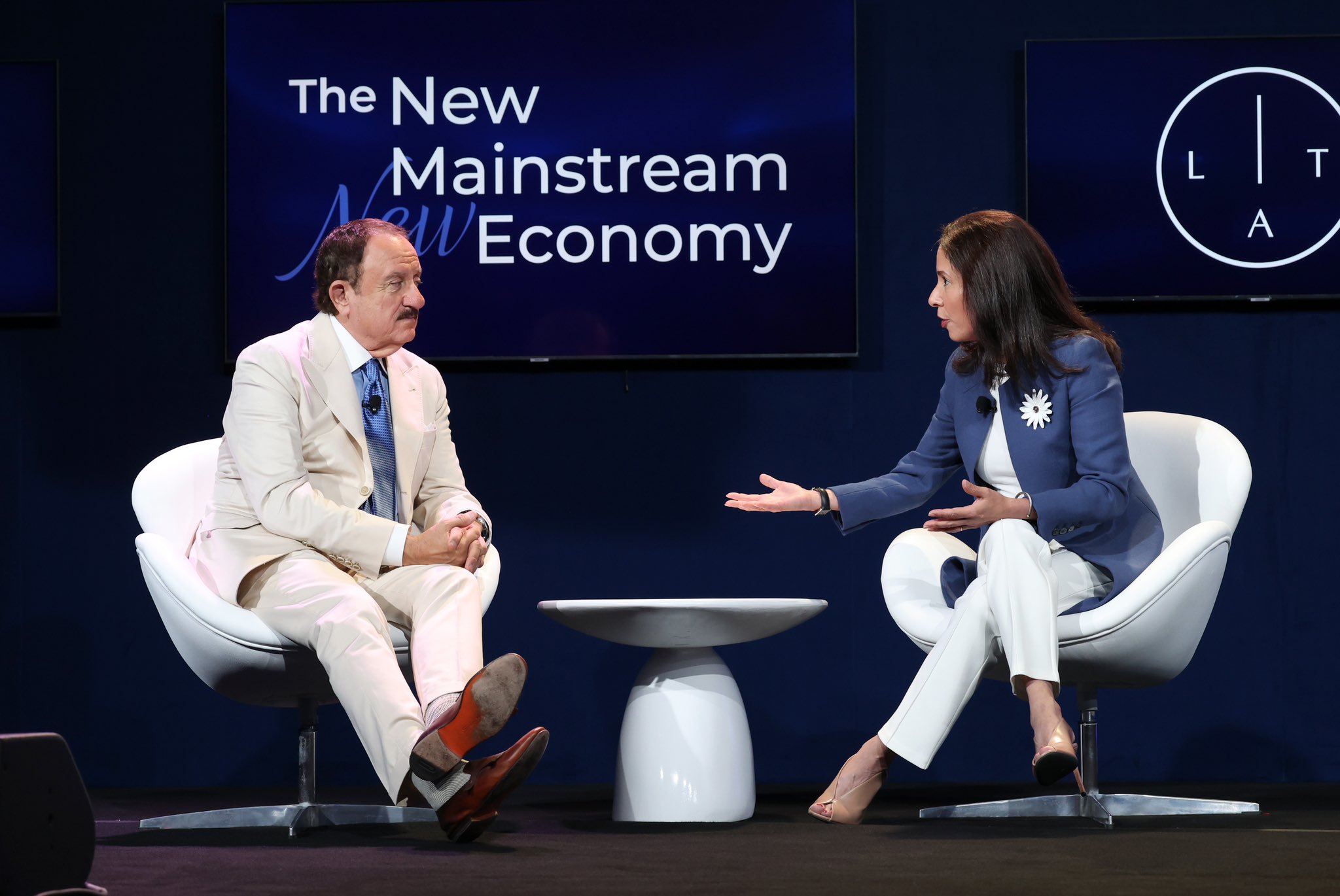

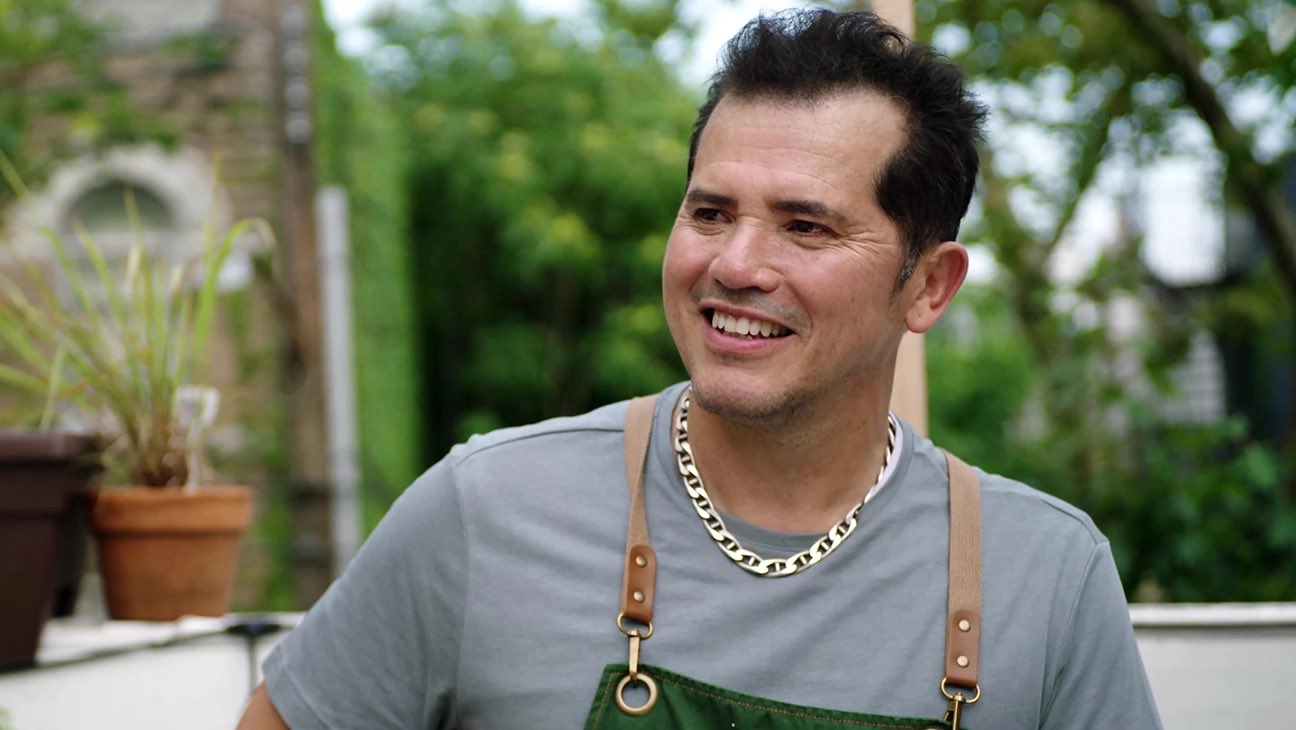

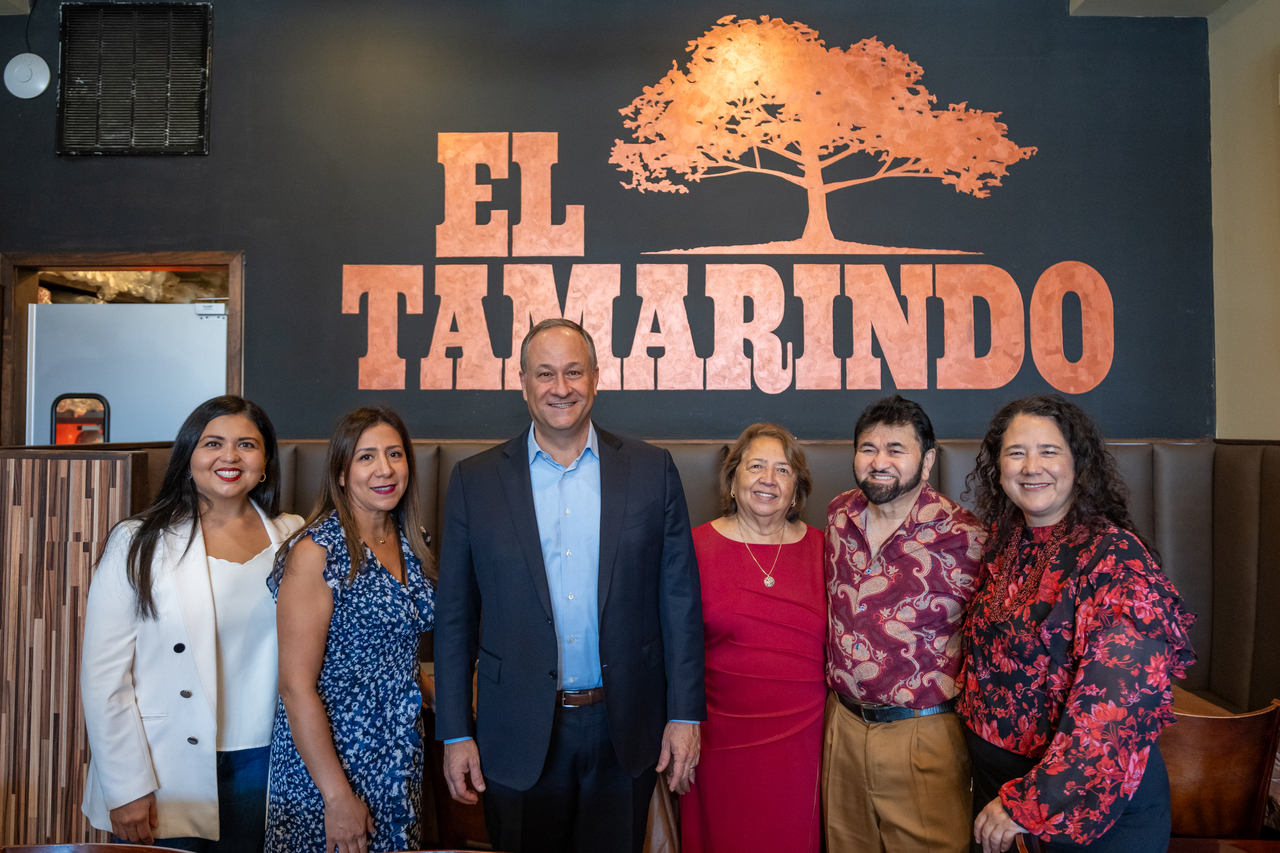

LEAVE A COMMENT:
Join the discussion! Leave a comment.